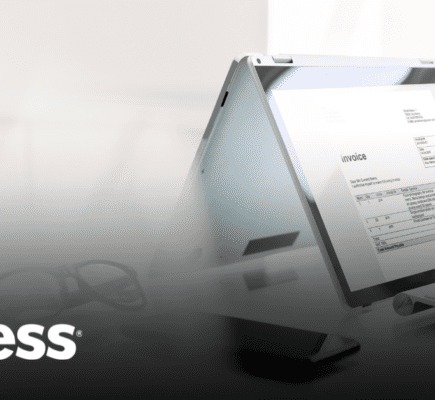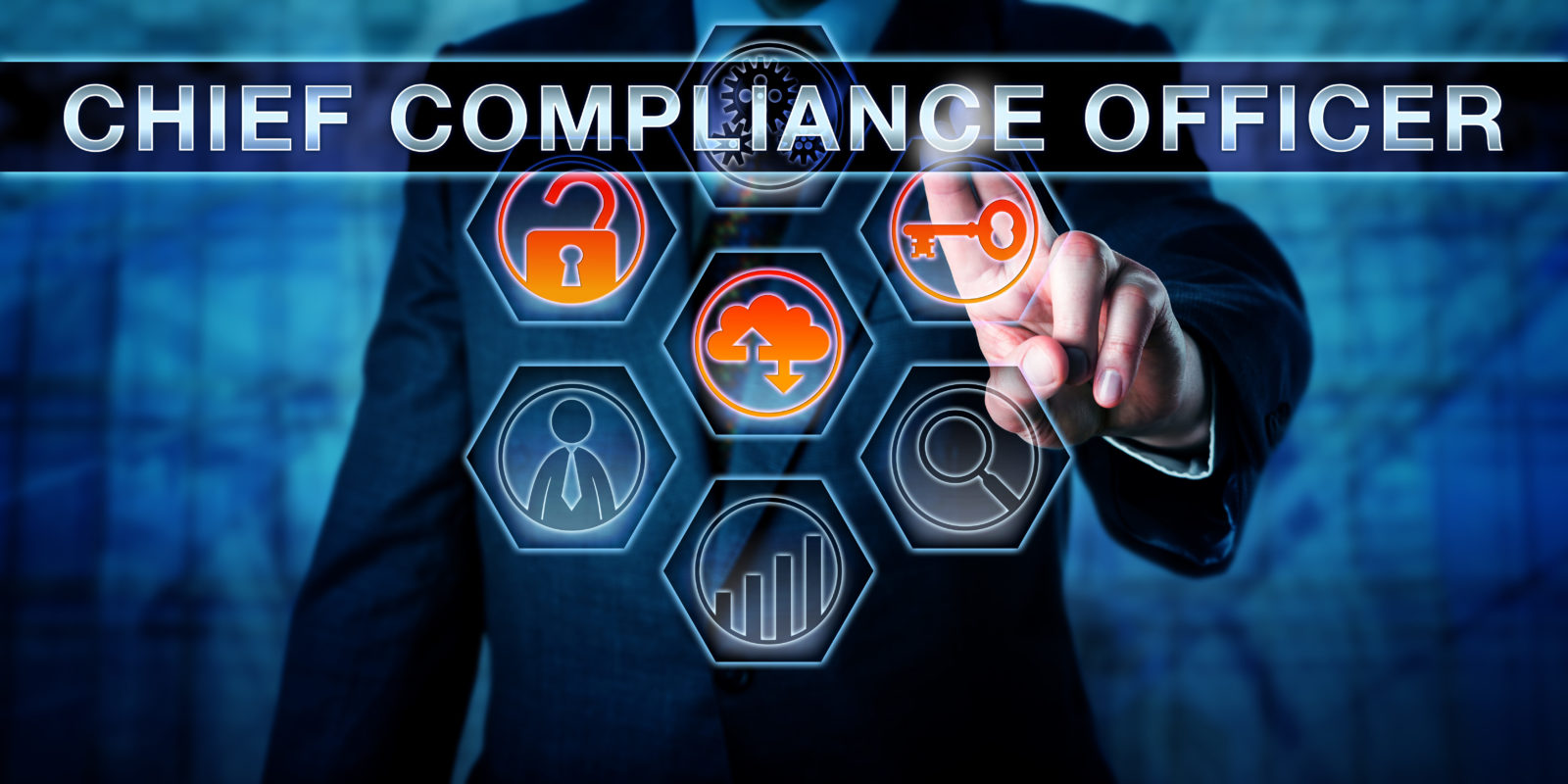
Along with most live events this year, ARMA InfoCon 2020 shifted into the virtual space. It did not stop information management professionals from gathering, in many cases, in the comfort of their own home to network, share and understand the challenges and opportunities in the industry.
Across its 8 tracks, this year’s conference had dozens of sessions presented by thought leaders and industry professionals crossing the borders of all organization sizes and types.
Here are 5 insights from this year’s conference you should know.
COVID-19 made its presence felt
It should come as no surprise that the most consistent presence across all educational tracks at this year’s conference was the examination of the effects of the COVID-19 pandemic.
There were many discussions around how the pandemic would affect different aspects of RIM programs, and whether or not organizations could provide access to the information that end users need without sacrificing safety and security.
Likewise, the records generated as a result of the pandemic drove two key conversations. One discussion, with “privacy by design” pioneer Dr. Ann Cavoukian, was focused on the privacy concerns around contact tracing. Cavoukian expressed concerns around widespread contact tracing and how organizations and government entities may use that information without expressed consent by the people whose information it is.
The second was presented by Access’ John Isaza and Susan Cisco, who presented the findings from their research into better identifying new record types created during the pandemic. They also explored how organizations can create retention schedules around them. You can find out more information about that project by downloading the research paper.
The “basics” matter
Another recurring theme was that the pandemic did not so much “invent” new problems for information management as it exposed longstanding issues.
Educational tracks on the foundational elements of a RIM program is far from a new topic at ARMA InfoCon. The shift to a total remote environment has exposed outdated policy frameworks and accelerated issues that had been fermenting for years.
Nick Inglis – IGP, CIP, INFO, Executive Director of Content & Programming at ARMA International, commented, “Many [records and information managers] are not happy with where their retention schedules are and how they are being implemented once they leave the confines of the records/IG team.”
The pandemic may continue to drive new, transformational projects in records and information management programs but ensuring those foundational elements are functioning and executed properly will continue to be a focus going into 2021.
AI and ML and technology (oh my.)
This brings us to another topic that isn’t new to ARMA.
Artificial Intelligence and Machine Learning have been in the conversation with information management for well over a decade now. One distinction that came up time and again was the difference between supervised versus unsupervised learning.
Supervised learning is currently the power behind multiple different technologies and solutions on the market. The algorithms and automation in these tools and those like them are powered by giving the system examples of what is relevant and what is not.
Unsupervised learning, meanwhile, requires little to no input from a human “trainer”. The intelligence is given a large set of data and begins to spot patterns as it gains a wider understanding of the information presented to it, much like the human mind does.
Yet, while unsupervised learning may be the new frontier, that next breakthrough is a way off. ARMA President Jason Stearns who observed during a recent episode of Out of the Box Live that “What I’m hearing consistently from sessions is we’re not there yet. AI is a tool and it is getting us closer to where we want to be but we’re not there yet.”
People and processes are even more vital
Whether we’re talking about AI or ML, every technology comes part and parcel with upsides and downsides, risks and challenges. Balancing those risks must always be framed through the lens of making your program safe, secure, and compliant but it should remain usable for those in your organization.
Sessions throughout this years’ conference emphasized need for communication and training around RIM programs to be mandatory and for accountability to be built into job descriptions across the organization especially with the shift to full or partial remote work.
Similarly, building relationships with leadership and other departments has taken on increased significance. With the exponential increase in information generated from systems across multiple different departments, RIM professionals are no longer just task completers but must act as advisors to their colleagues in finance, legal, IT, privacy and compliance and more.
In fact, ARMA’s Information Governance Professional (IGP) certification is changing to account for this necessary aspect of information management. Stearns noted that “[ARMA] is very near to announcing a revision to the IGP which will establish that those with the credential have the ability to communicate with their colleagues across [departments].”
Taking a holistic view is key
It used to be that a records program could be viewed a singular lens of physical records being created, stored, and securely destroyed. The proliferation of channels, especially digital ones and the records created within has completely changed the conversation.
Complicating matters further, regulatory changes especially about privacy continue to change at a rapid pace across the globe.
Inglis noted that “what we’ve been seeing is that everything touches information in some way, shape or form. All of these processes that used to be disconnected with newer technologies are being connected and these processes all lead back to the information. Where [ARMA]’s topics used to be narrowly focused, the conversations, by extension, must be broader.”
InfoCon 2020’s programming this year reflected just that. In addition to the six tracks that were present last year, two additional tracks were added, Legal & eDiscovery as well as a Microsoft Technologies deep dive.
Building the same house, just with a different toolbox
In short, ARMA InfoCon 2020’s schedule this year reflected the year itself:
There’s been a lot of change. There’s constant projecting forward of what’s ahead.
But in the end, it’s important to keep the foundation strong and build from there.
For information management professionals that means not losing sight of the overarching goal of making sure that the right content is accessible to the correct people at the right time.
For more timely insights, read our new eBook: Playbook for Responding to Pandemic-Related Records




